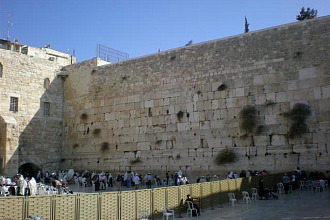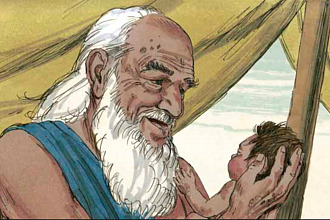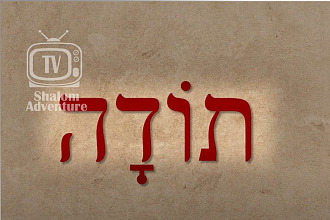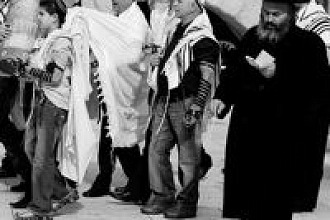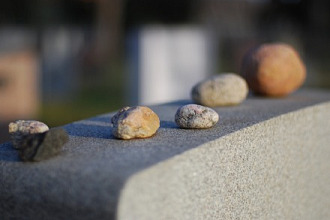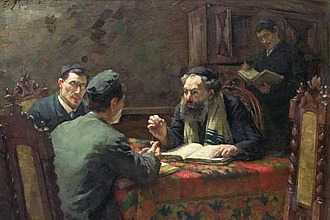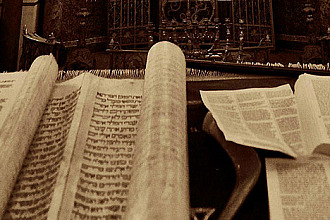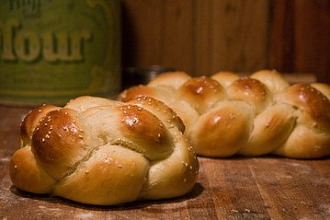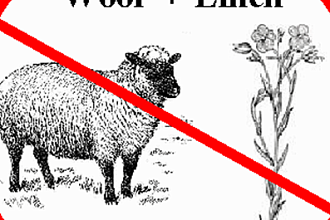Music is very important in Jewish life and has a significant role in the worship services. Because of this a special person known as a cantor (sometimes also referred to as a chazzan) is put in charge of leading out in religious songs in the synagogue.
Traditionally the main qualifications required by the cantor, besides the expected Biblical training and familiarity with liturgical literature, is possessing an attractive voice as well as creative ability to use it. The cantor should also have a near spotless reputation, if not perfect. In Jewish tradition, there was also a preference for the cantor to be male, physically attractive, currently married, and blessed with a graceful beard. Tradition limited the role of a cantor to males over the age of 13 so young boys could have the role. If he met other qualifications but didn’t have a fabulous beard he wasn’t as likely to be held in high regard (New World Encyclopedia, n.d).
Some Jewish communities allow girls to be cantors after the age of 12 (New World Encyclopedia, n.d). The Torah does provide an example of a woman - the sister of Moses - leading out in worship. “Then Miriam the prophetess, the sister of Aaron, took the timbrel in her hand; and all the women went out after her with timbrels and with dances. And Miriam answered them: ‘Sing to the Lord, for He has triumphed gloriously! The horse and its rider He has thrown into the sea!’” Exodus 15:20-21. So it is not considered inappropriate for anyone to encourage another person to praise the Lord in song - even if they might not be as likely to have an impressive beard for whatever reason.
We have an example of a worship service in the Scriptures, “So the two thanksgiving choirs stood in the house of God, likewise I and the half of the rulers with me; and the priests, Eliakim, Maaseiah, Minjamin, Michaiah, Elioenai, Zechariah, and Hananiah, with trumpets; also Maaseiah, Shemaiah, Eleazar, Uzzi, Jehohanan, Malchijah, Elam, and Ezer. The singers sang loudly with Jezrahiah the director. Also that day they offered great sacrifices, and rejoiced, for God had made them rejoice with great joy; the women and the children also rejoiced, so that the joy of Jerusalem was heard afar off.” Nehemiah 12:40-43
We too should show thankfulness to God in song. “Oh, sing to the Lord a new song! Sing to the Lord, all the earth. Sing to the Lord, bless His name; proclaim the good news of His salvation from day to day. Declare His glory among the nations, His wonders among all peoples.” Psalm 96:1-3 But do you know that God sings out of love for us? “The Lord your God in your midst, the Mighty One, will save; He will rejoice over you with gladness, He will quiet you with His love, He will rejoice over you with singing.” Zephaniah 3:17 God, the most holy and the most creative being as creator of the universe is best and most qualified cantor there could possibly be. And yet God sings with joy about having a relationship with you. How could we not sing with joy at the thought of that?
References: Author unknown, n.d “Cantor” New World Encyclopedia received from http://www.newworldencyclopedia.org/entry/Cantor










